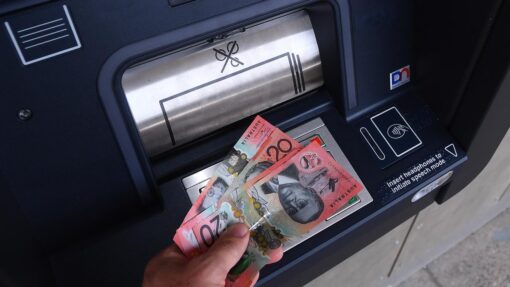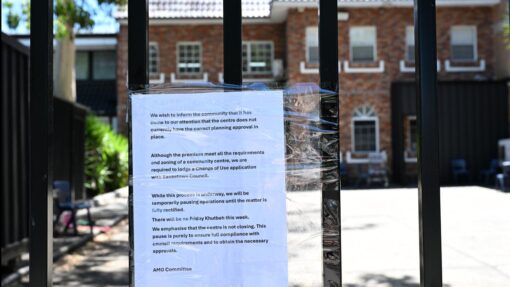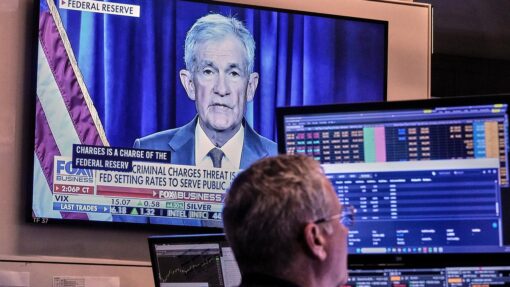Reform needed to get through downturn: PM
Andrew Brown and Poppy Johnston |
Anthony Albanese has insisted Australia will need to reform its way through the growing economic downturn, as inflation and rising interest rates hit consumers.
In a speech to the Economic and Social Outlook Conference in Melbourne on Wednesday night, the prime minister stressed the need for further budget repair.
He said his government’s first federal budget was one of ambition, but work was needed to protect the country’s finances from global uncertainties.
“The new economic downturn we are facing is very different to the recession brought on by the pandemic. We can’t close our borders and wait it out, we have to reform our way through,” Mr Albanese said in the speech.
“Our budget was framed in recognition of this global uncertainty, as well as the intensifying fiscal challenges here at home.”
The speech comes off the back of the Reserve Bank raising the official interest rate to 2.85 per cent, the seventh straight month of increases.
The Reserve Bank has also revised its inflation forecast to peak at about eight per cent, higher than the cap of 7.75 per cent previously predicted.
Mr Albanese said the economic conditions underscored the need to make government services such as Medicare and the NDIS more viable.
“We must ensure these programs are sustainable, for the long term, but we also have a clear understanding of the value of these investments, as well as their cost,” he said.
While there were cost of living relief measures in the budget, such as cheapening childcare and extending paid parental leave, the government has been under fire for not extending financial support.
However, Mr Albanese said a long-term view was also important, indicating untargeted spending would worsen the situation.
“The easy option would have been for us to funnel these savings into a cash splash, a one-off giveaway to buy a headline,. Cheap politics and hugely expensive economics,” he said.
“Instead of helping households, it would only add to the inflationary pressures that are eating away at family budgets and devaluing wages.”
Meanwhile, shadow treasurer Angus Taylor used a speech at the National Press Club to argue while the economy was resilient, the resilience wasn’t transferring on to hip pockets.
“We have more businesses, strong terms of trade, record commodity prices, economic growth over three per cent and record low unemployment,” he said.
“But despite this turnaround and economic strength, people aren’t feeling it in their everyday lives.”
Mr Taylor accused the government of raising the white flag on tackling inflation and bringing down the cost of living.
“This is a budget that tells Australians the government knows that it’s tough but doesn’t have the solutions,” he said.
Mr Taylor suggested allowing pensioners to work more hours without their payments being docked as one possible ailment to cost of living pressures.
“The budget fails to use fiscal policy to make any headway to reduce pressures on inflation, to address the source of the pressure.”
Despite a healthier-than-expected deficit for 2022/23, the budget is expected to head further into the red in later years.
Mr Taylor said the Labor government had abandoned a cap on taxes as a percentage of economic growth, which was leaving the door open to higher taxes.
“What we want to see is an environment where Australians have confidence that governments are not going to be either quietly or more explicitly raising taxes.”
Treasurer Jim Chalmers said handouts and further spending would be counterproductive and would hurt Australians in the medium term with spiking inflation and interest rates.
He said spending the unexpected commodities windfall on cost of living supports for households would have added an extra 0.5 percentage points to inflation each year.
AAP


